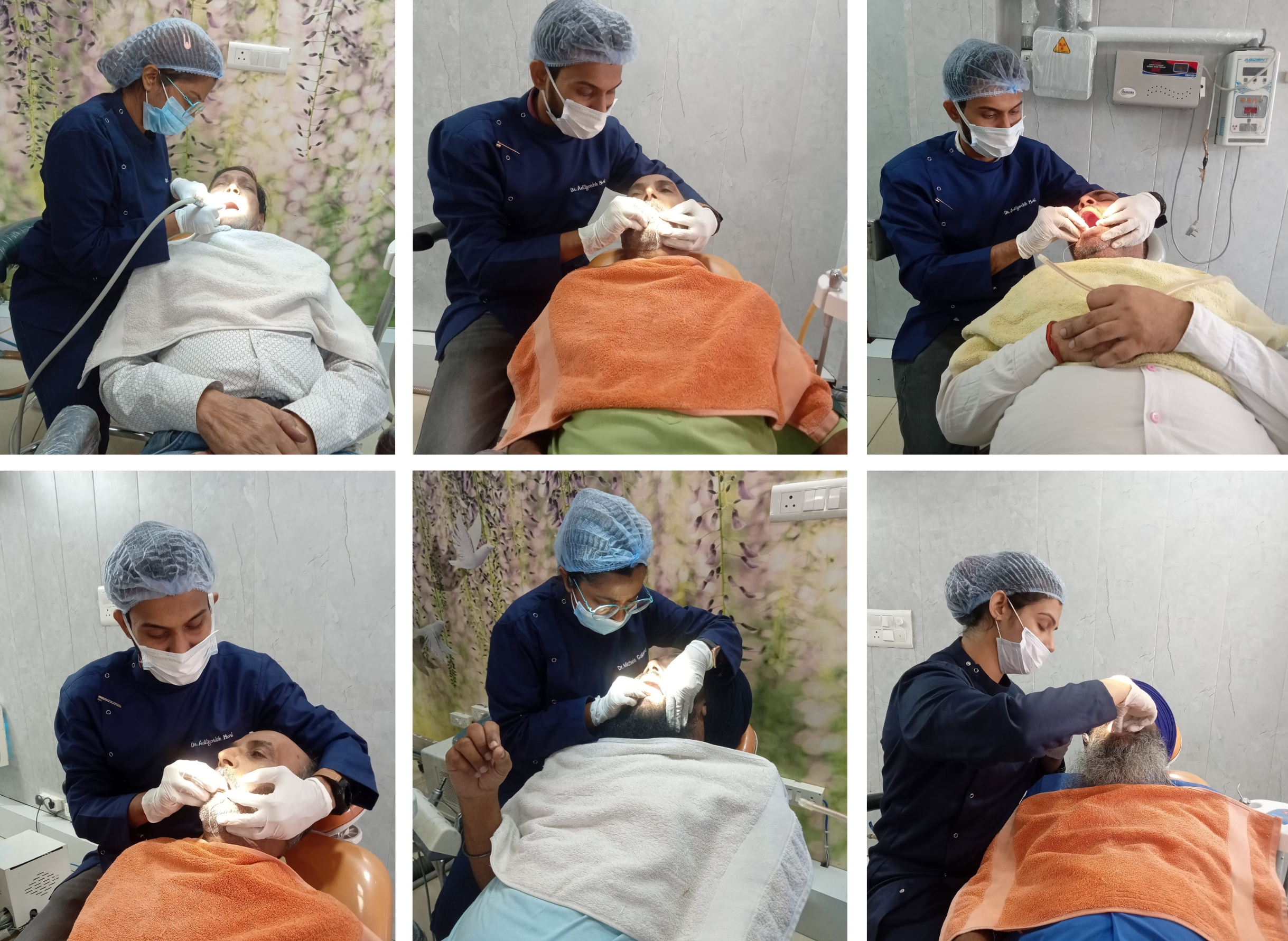Ethical practice is the cornerstone of a noble profession like dentistry. It goes beyond clinical skills and knowledge, encompassing principles, values, and moral obligations that guide every interaction between a dentist and their patient. At Baba Puran Singh Trust in Ludhiana, we recognize the paramount importance of ethical practice in dentistry, and it forms the nucleus of our training initiatives. In this article, we delve into the profound impact of ethical dentistry on patient care, trust-building, and the enduring legacy of our training programs.
Read: Affordable Dental Care: Our Commitment to Your Smile
Understanding Ethical Practice in Dentistry
Ethical practice in dentistry is a multifaceted concept that revolves around principles such as integrity, honesty, transparency, and patient-centered care. It encompasses various dimensions that influence how dental professionals interact with patients, colleagues, and the broader community. Let’s explore these dimensions and their significance:
1. Informed Consent: Ethical dentistry places a significant emphasis on informed consent. This means that before any procedure, the patient must be adequately informed about the proposed treatment, potential risks, benefits, and alternatives. Obtaining informed consent is not just a legal requirement but a fundamental ethical obligation that empowers patients to make informed decisions about their oral health.
2. Professional Integrity: Dental professionals are expected to uphold the highest standards of professional integrity. This includes honesty in diagnosing and treating dental conditions, maintaining patient confidentiality, and providing accurate information. It also extends to financial integrity, ensuring transparent billing practices and fair treatment costs.
3. Patient-Centered Care: Ethical practice places the patient’s well-being at the forefront. It involves actively listening to patients’ concerns, addressing their needs, and involving them in decision-making regarding their treatment plans. A patient-centered approach fosters trust and ensures that dental care aligns with the patient’s values and preferences.
4. Non-maleficence: The principle of non-maleficence dictates that dental professionals must not harm. This extends to minimizing the risks associated with dental procedures, using evidence-based practices, and continually seeking to improve patient outcomes. Ethical dentists prioritize patient safety above all else.
5. Beneficence: Ethical dentistry goes beyond the absence of harm; it also emphasizes the promotion of the patient’s well-being. This includes providing effective treatments, preventing dental issues, and enhancing the patient’s quality of life through oral health interventions.
6. Accountability: Ethical dental practitioners take responsibility for their actions. They acknowledge and rectify any errors or complications that may arise during treatment. Being accountable fosters trust and demonstrates a commitment to patient care.
Read: Beyond Dentistry: Our Charitable Trust’s Holistic Approach to Oral Health
The Impact of Ethical Practice in Dentistry
Ethical practice is not merely a theoretical concept; it has a tangible impact on patient care, professional reputation, and the broader dental community. Here’s how ethical dentistry positively influences various aspects of the field:
1. Patient Trust and Satisfaction: Ethical dentists prioritize open and honest communication. This fosters trust between the dentist and the patient, leading to higher levels of satisfaction. Patients are more likely to return for follow-up care and refer others when they have confidence in their dentist’s ethical conduct.
2. Reduced Legal and Ethical Issues: Ethical practice minimizes the risk of legal and ethical dilemmas. Dentists who adhere to ethical standards are less likely to face malpractice claims, complaints, or disciplinary actions.
3. Professional Reputation: Ethical dentists build a strong professional reputation within the dental community. Colleagues, peers, and dental organizations respect and trust practitioners who consistently demonstrate ethical conduct.
4. Community Impact: Ethical dentistry extends its positive influence to the broader community. Dental professionals who prioritize ethical practice contribute to improved oral health at the community level. This not only enhances overall well-being but also reduces the burden on public health resources.
5. Personal Fulfillment: Dentists who practice ethically often experience a greater sense of personal and professional fulfillment. Knowing that they are providing patient-centered care and adhering to moral principles contributes to a more meaningful career.
Read: Innovation in Dental Training: Equipping Dentists for Modern Challenges
Our Commitment to Ethical Practice
At Baba Puran Singh Trust in Ludhiana, ethical practice is not just a theoretical concept; it’s a way of life. Our training initiatives place a profound emphasis on instilling ethical principles and values in the dental professionals of tomorrow. Here’s how we embody this commitment:
1. Ethical Role Modeling: Our experienced faculty members serve as ethical role models for aspiring dentists. Through their actions and interactions, they demonstrate the importance of integrity, honesty, and patient-centered care.
2. Ethics Education: We integrate ethics education into our dental training programs. Students learn about the ethical principles that underpin dentistry and are encouraged to apply them in clinical practice.
3. Informed Consent Practice: In our clinics and training sessions, we emphasize the significance of obtaining informed consent. Students learn how to communicate effectively with patients, ensuring they understand their treatment options and can make informed decisions.
4. Patient-Centered Approach: Our training instills a patient-centered approach in our students. They learn the value of active listening, empathy, and tailoring treatment plans to meet each patient’s unique needs.
5. Professional Integrity: We nurture professional integrity by teaching the importance of honesty, transparency, and accountability. Our students understand the ethical implications of their actions and are equipped to make ethical decisions throughout their careers.
Read: Spreading Oral Hygiene Awareness: Our Initiatives and Impact
The Enduring Legacy of Ethical Dentistry
Ethical practice in dentistry is not just a professional obligation; it’s a moral imperative that elevates the quality of patient care and strengthens the dental profession’s integrity. At Baba Puran Singh Trust in Ludhiana, we take pride in nurturing a new generation of dental professionals who not only possess clinical excellence but also embody the ethical principles that define our noble profession. Through our commitment to ethical dentistry, we are not only shaping proficient dentists but also fostering a legacy of trust, compassion, and excellence in oral healthcare.

